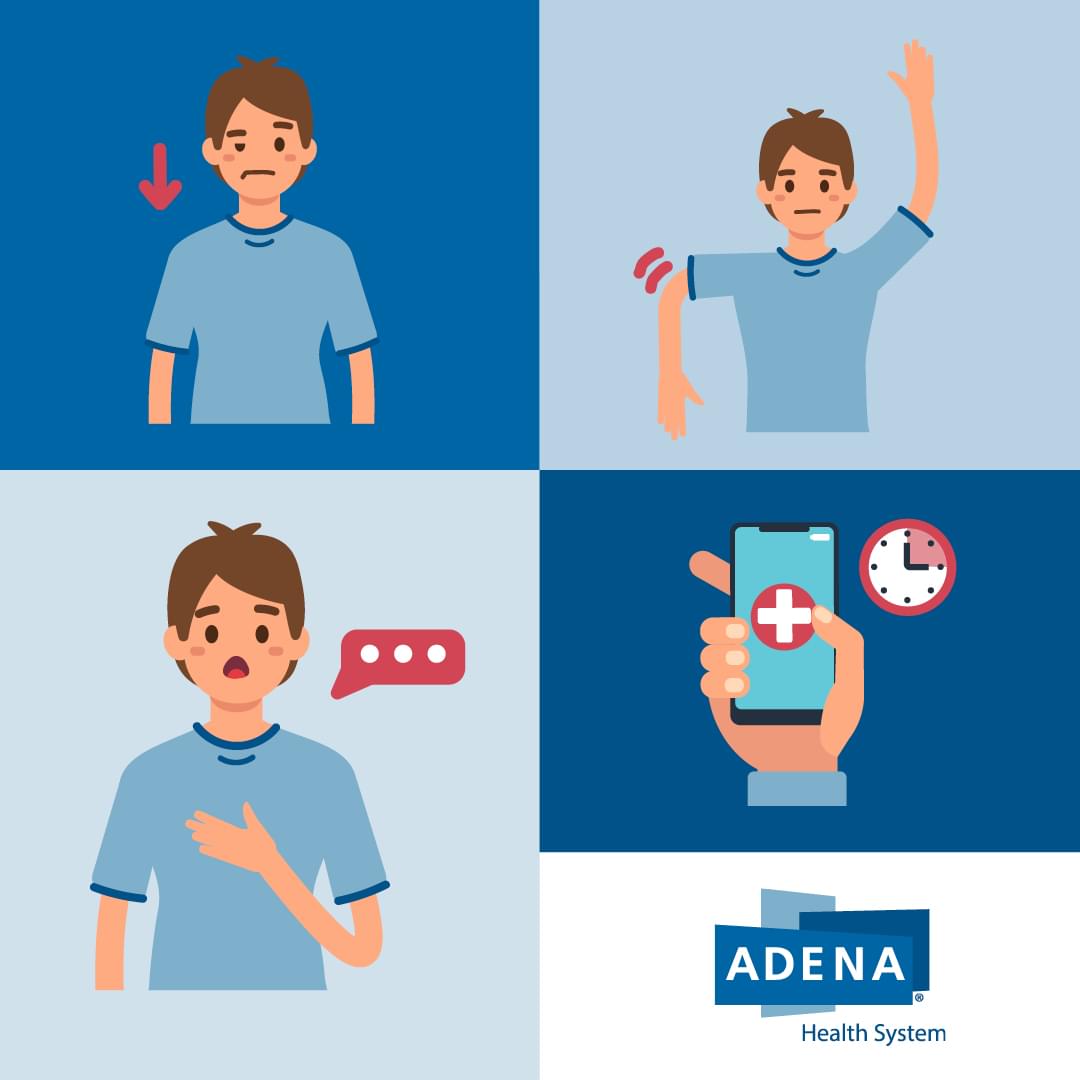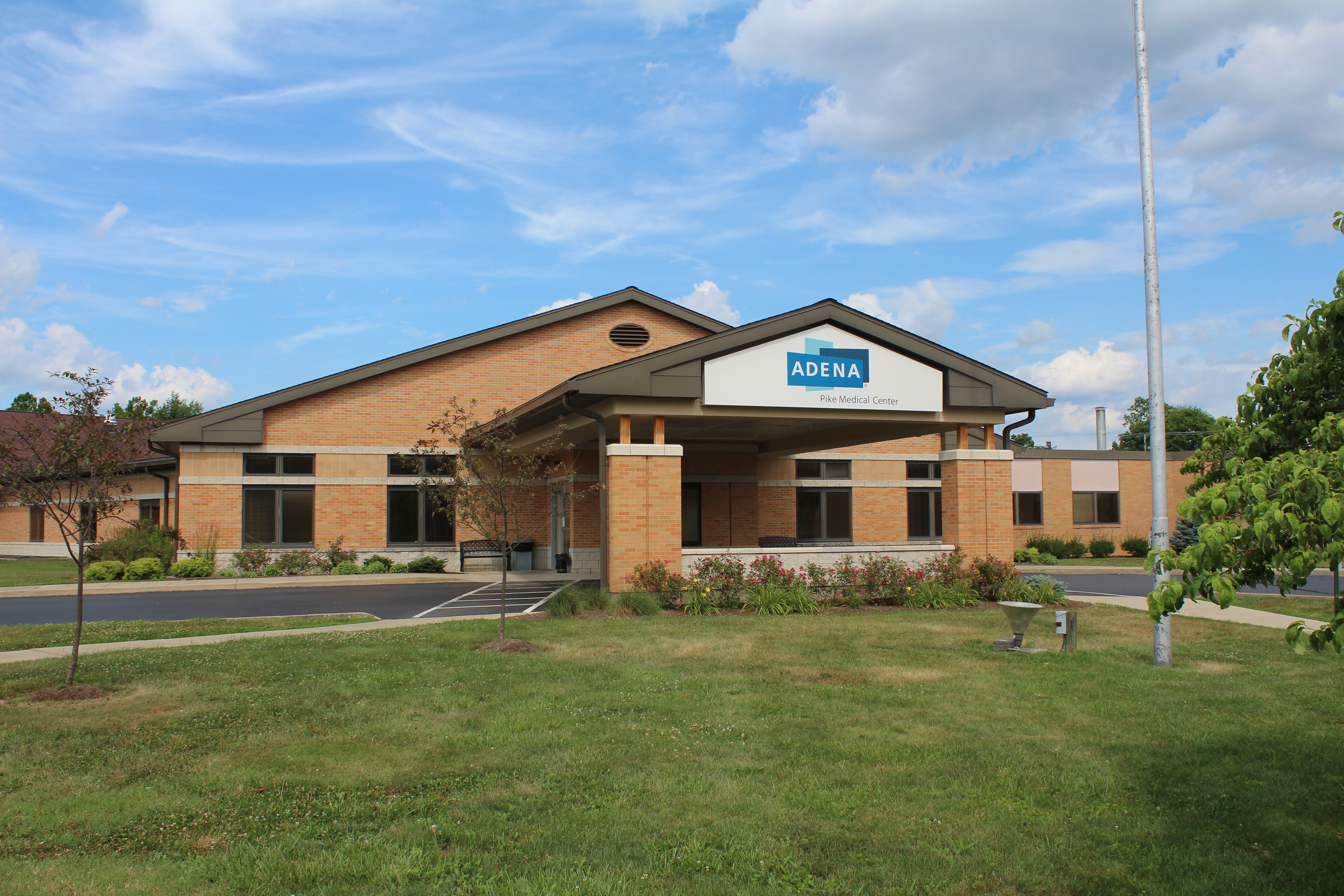Acting FAST

Much of the world’s health care focus lately has been with the on-going COVID-19 pandemic, but as we move through the month of May, recognized as National Stroke Awareness Month, let us not forget those other serious health conditions that require our attention and rapid response.
Every 40 seconds, someone in the United States suffers a stroke. It only takes 12 minutes for a pea-size portion of the brain to die during a stroke. The longer a stroke goes untreated, the greater the risk for permanent disability and death. But, the good news is that more than 80 percent of strokes are preventable. Understanding the causes and warning signs of a stroke could save a life.
What is a stroke?
A stroke is essentially a brain attack that occurs when blood flow to an area of brain is cut off and causes lack of oxygen to brain tissue.
When brain cells do not get oxygen, they die, it’s important to get treatment as soon as possible. A delay in treatment increases the risk of permanent brain damage or even death.
Strokes can be one of the most devastating emergency conditions that can strike. But they don’t have to be. Recognizing the symptoms of a stroke, and getting care quickly gives you the best possibility of restoring full health.
Stroke Risk Factors
Anyone can have a stroke, at any age, at any time. Most strokes can be prevented by keeping medical conditions under control and making positive lifestyle changes.
Once these factors have been identified, it is best to work with your health care provider to establish how you can reduce your risk.
Medical Risk Factors:
- High Blood Pressure
- High Cholesterol
- Heart Disease
Lifestyle Risk Factors:
- Tobacco Use
- Physical Activity
- Diet
Recognize: What are Symptoms of a Stroke?
- Numbness or weakness of face, arm or leg, particularly on one side
- Confusion, trouble speaking
- Dizziness, trouble walking, loss of coordination
- Severe headache with unknown cause
Respond: What to do if you expect stroke?
Knowing your risk factors is only half the battle. Strokes can happen suddenly, anytime and anywhere. If you think you or someone else may be having a stroke, act F.A.S.T.
F- Face
Ask the person to smile. Does one side of their face droop?
A- Arms
Ask the person to raise both arms, Does one arm drift downward?
S- Speech
Ask the person to repeat a simple phrase. Is their speech slurred?
T-Time
If you see any of these signs call 9-1-1 right away.
To learn more about stroke care at Adena, visit adena.org/stroke.


Quality of Adena Pike Medical Center’s acute stroke ready care recognized with certification renewal